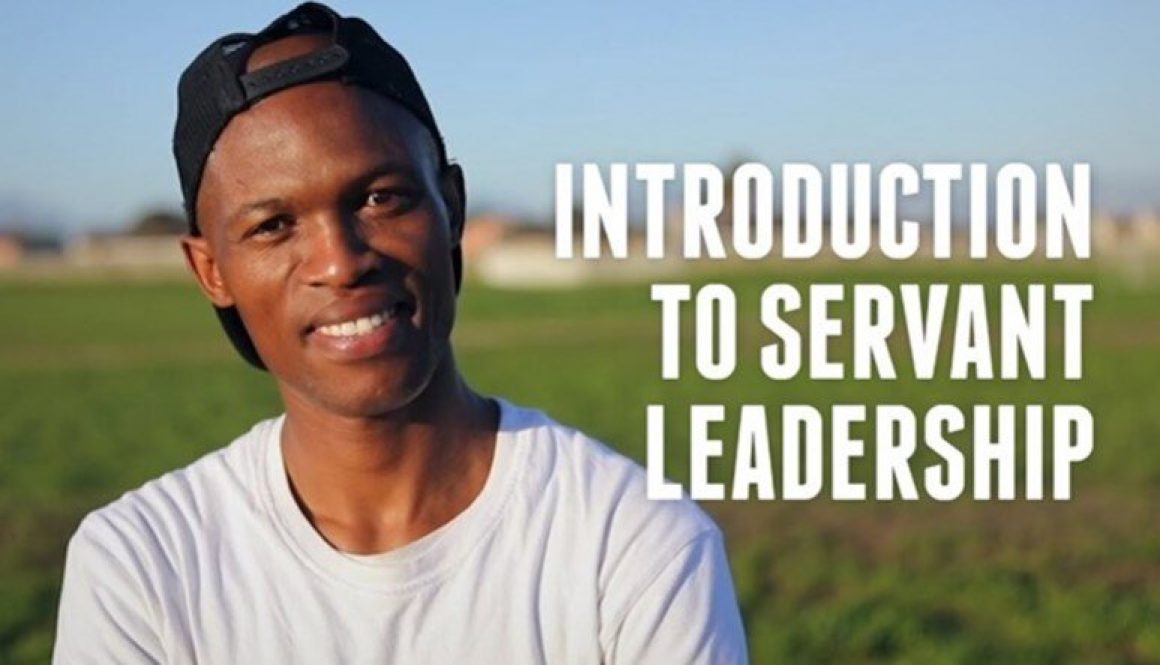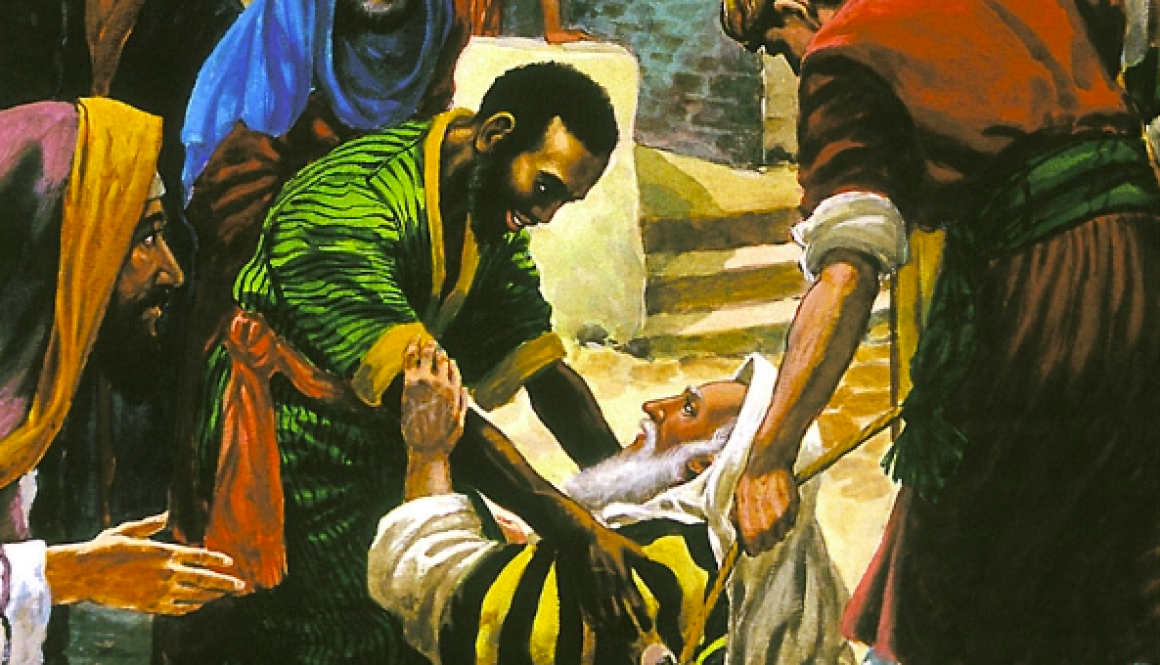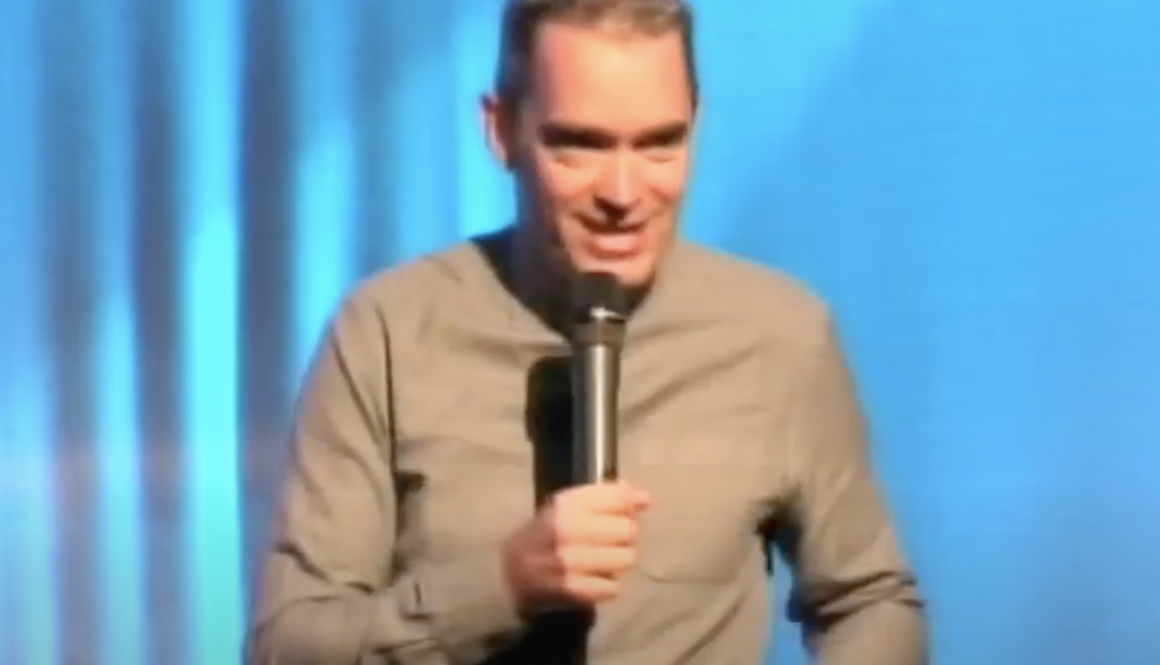Developing Christ-like Character: lessons from Dallas Willard
Message Live have just aired the second episode of the Grab a Towel series on servant leadership… you can view it here: https://www.youtube.com/watch?v=JgiivyxJR9A
I am writing this post to supplement the teaching and encourage you to engage in deeper reflection.
The subject of developing Christ-like character is absolutely critical if we are to emulate Christ. We need to imbibe his character. But for those of us on this journey, we can quickly realise that developing Christ-like character does not come about by a surface-level makeover. We can’t sugar-coat our character and simply try to become nicer or better people. We can’t fake it till we make it. Rather, an internal work of the Holy Spirit is required in order to transform us from the inside out.
In my book, Grab a Towel, I write:
Charisma, competence and credentials… all can build a leader’s reputation, but it is having the character of Christ formed within us that will ensure that these are held in perspective, and enable a leader to engage in building the kingdom of God, not their own empire.
A challenge many of us have is that our character has been formed through lifelong experiences and processes, often leading us to recognise that our character falls far-short of Christ’s example. The question is, can we change our character and, if so, how do we increasingly grow to exhibit the character of Christ?
In his incredible book, Renovation of the Heart, Dallas Willard gives great insight into how Christlike character emerges as a result of a transformed heart. Willard calls the renovation of our character a revolution that occurs from the inside out. This happens “through ongoing personal relationship to God in Christ and to one another” (Willard 2002:15).
It is encouraging to me to recognise that my character is not fixed or unchangeable. I love Willard’s definition of character:
Our character is that internal, overall structure of the self that is revealed by our long-run patterns of behaviour and from which our actions more or less automatically arise (Willard 2002:142)..
He then goes on to say,
… but character can be changed. And that, of course, is what spiritual formation is all about (Willard 2002:142).
I find this incredibly encouraging. It’s a liberating truth to recognise that the struggles I’m having with my character will not change purely by my own effort. Rather, I need to allow God, the Great Physician, to perform heart surgery. I must cooperate with Him to get to the root cause and effect deep and real transformation. Clearly, we have to be willing cooperators in the Lord’s work, but our character flaws should once again remind us to cast ourselves fully on his mercy and grace.
Therefore, we must not fall into the trap of thinking that becoming more like Jesus is subscribing to a ‘new law’ that we legalistically adhere to. Some preaching and teaching can give us the impression that following Jesus is an external process of following certain dos and don’ts. This is an insidious form of legalism that will ultimately end in failure. Rather, Willard explains the process in this way:
Christian spiritual formation is focused entirely on Jesus. Its goal is an obedience or conformity to Christ that arises out of an inner transformation accomplished through purposive interaction with the grace of God in Christ (Willard 2002:22).
What an incredible phrase… our character becomes like Christ as we engage in purposive interaction with the grace of God in Christ. The starting point is, therefore, cultivating an intimate relationship with Jesus. Character development is the result of becoming more like Jesus because we are increasingly spending time with Him, learning from Him, listening to Him, worshipping Him, and opening our heart to Him.
Additionally, as Willard pointed out above, character development also occurs through our relationship with one another. This is a humbling truth. I need you, my brothers and sisters, to help me increasingly display the character of Christ. Our community should not just be a feel-good experience, or an escape from the realities of life. Rather, we are spurring each other on towards love and good deeds (Hebrews 10:24) as each of us increasingly desires to display the character of Christ.
The fact that my growth and development requires Christian community is a stroke of genius conceived in the godhead. It is the antidote to isolationist hyper-spirituality that implies all I need is Jesus and nothing or no-one else. No! The litmus test of what is happening in my heart is revealed through my relationships with others. I need you to sharpen my character. And you need me and others to sharpen yours.
In conclusion, we must recognise that any steps we make towards spiritual renovation, transformation and Christlikeness should not be a cause for personal pride (which in itself would reveal a lack of Christlikeness). Rather, Willard helpfully reminds us that, when all is said and done,
“Christlikeness of the inner being is not a human attainment. It is, finally, a gift of grace” (Willard 2002:23).
This is a critical reminder for us. Christlike character is a gift of grace. In Grab a Towel I list various characteristics that Christ exhibited. It is clear, however, that we don’t imbibe those characteristics by learning about them, writing about them, or even trying to live them out. We will imbibe the characteristics through dependence upon the grace of God and as we continue to nurture an intimate relationship with Jesus, and live our lives in community with others. Then we shall experience the reality of what Paul wrote in 2 Corinthians 3:18:
“And we all, who with unveiled faces contemplate the Lord’s glory, are being transformed into his image with ever-increasing glory, which comes from the Lord, who is the Spirit.”










 Jeremy Koeries is based in Cape Town and is a leader within J-Life South Africa. J-Life Africa is a disciple-making movement that mobilizes disciple-making through local churches across Africa. We aim to help church and ministry leaders study the life and ministry of Jesus in the Gospels & Acts, to learn to make disciples like He did. See
Jeremy Koeries is based in Cape Town and is a leader within J-Life South Africa. J-Life Africa is a disciple-making movement that mobilizes disciple-making through local churches across Africa. We aim to help church and ministry leaders study the life and ministry of Jesus in the Gospels & Acts, to learn to make disciples like He did. See 

 Afrika Mhlophe is the author of A Passion for Position. He is the pastor of Good News Community Church in Port Elizabeth. He travels extensively and writes for various publications.. He is married to Lindelwa and they have two children.
Afrika Mhlophe is the author of A Passion for Position. He is the pastor of Good News Community Church in Port Elizabeth. He travels extensively and writes for various publications.. He is married to Lindelwa and they have two children.